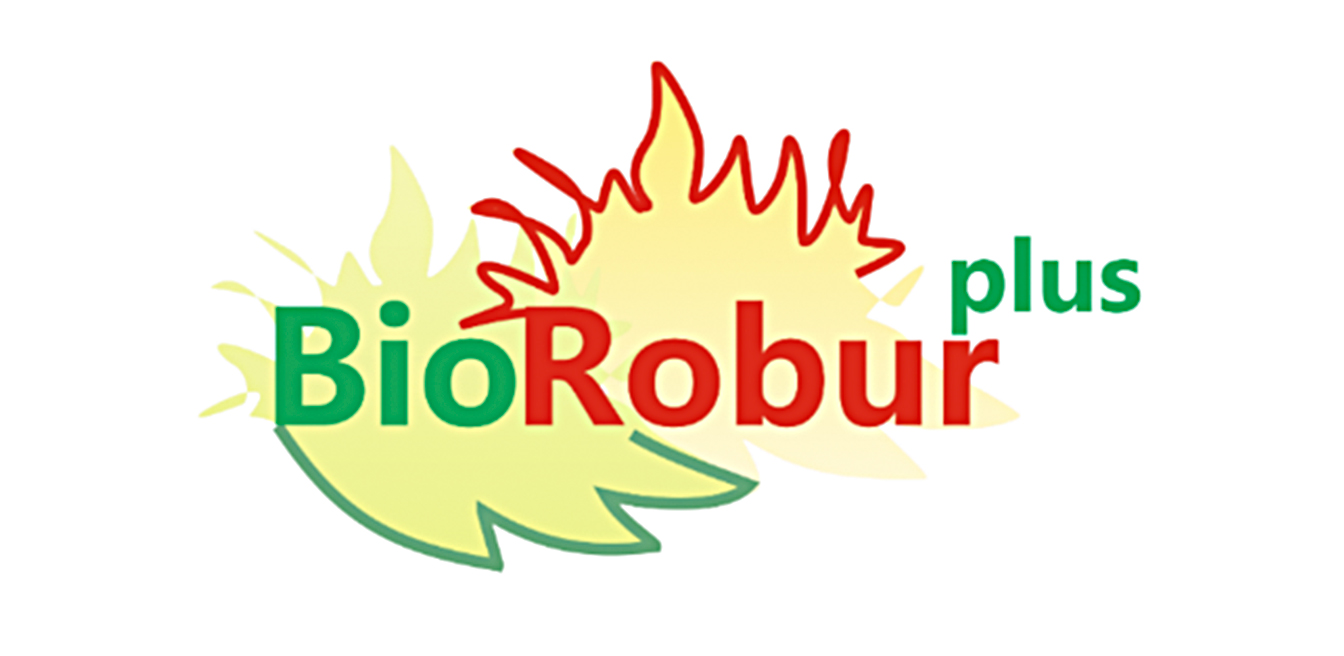BioROBURplus builds upon the closing FCH JU BioROBUR project (direct biogas oxidative steam reformer) to develop an entire pre-commercial fuel processor delivering 50 Nm3/h (i.e. 107 kg/d) of 99.9% hydrogen from different biogas types (landfill gas, anaerobic digestion of organic wastes, anaerobic digestion of wastewater-treatment sludges) in a cost-effective manner.
The energy efficiency of biogas conversion into H2 exceeds 80% on a HHV basis, due to the following main innovations:
- increased internal heat recovery enabling minimisation of air feed to the reformer based on structured cellular ceramics coated with stable and easily recyclable noble metal catalysts with enhanced coking resistance;
- a tailored pressure/temperature-swing adsorption (PTSA) capable of exploiting both pressure and low T heat recovery from the processor to drive H2 separation from CO2 and N2;
- a recuperative burner based on cellular ceramics capable of exploiting the low enthalpy PTSA-off-gas to provide the heat needed at points 1 and 2 above.
The complementary innovations already developed in BioROBUR (advanced modulating air-steam feed control system for coke growth control; catalytic trap hosting WGS functionality and allowing decomposition of incomplete reforming products; etc.) will allow to fully achieve the project objectives within the stringent budget and time constraints set by the call. Prof. Debora Fino, the coordinator of the former BioROBUR project, will manage, in an industrially-oriented perspective, the work of 11 partners with complementary expertise: 3 universities (POLITO, KIT, SUPSI), 3 research centres (IRCE, CPERI,DBI), 3 SMEs (ENGICER, HST, MET) and 2 large companies (ACEA, JM) from 7 different European Countries. A final test campaign is foreseen at TRL 6 to prove targets achievement, catching the unique opportunity offered by ACEA to exploit three different biogas types and heat integration with an anaerobic digester generating the biogas itself.
Our role
Envipark collaborates with ACEA as a linked third party. It provides support in terms of optimization of the anaerobic digestion process finalized to enrich biogas composition, reduce the impurities and above all make the composition and the rate of the biogas as constant as possible. This is done thanks to the skills previously acquired by Envipark in the biochemical reactions involved in anaerobic digestion and in the experience developed in the sector of bacteria consortia selection and optimization.
Thanks to its instrumentation (gas chromatography, biochemical analytical laboratories, etc.), Envipark also provides the required support for the continuous analysis of the biogas produced and the assessment of upstream processes in order to stabilize it.
Envipark in fact, monitors the biogas produced during the period prior to the implementation of the reformer by biogas chromatography and by standard and specific biochemical analysis as for example, the determination of volatile fatty acids and the composition of the bacterial consortia of digestate. This will allow to correlate the gas production to the process parameters suggesting measures of management that allow a constant production in quality and quantity with optimization of the functionality of the final reformer.
During the on-site demonstration of the proposed installation, Envipark will support ACEA by performing a continuous monitoring of the biogas production process in order to guarantee the perfect functionality of the whole value chain, and to evaluate the realistic industrial possibility of application of the proposed technology.

